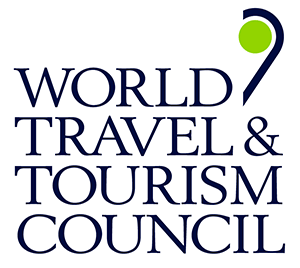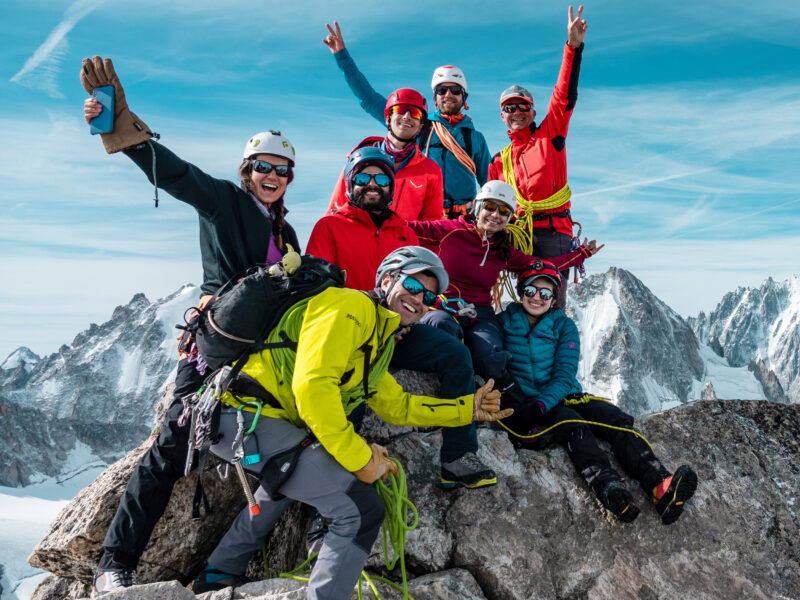BY Rami Rasamny | December 19 2023
Adventure Travel: A Win-Win for Explorers and Local Communities
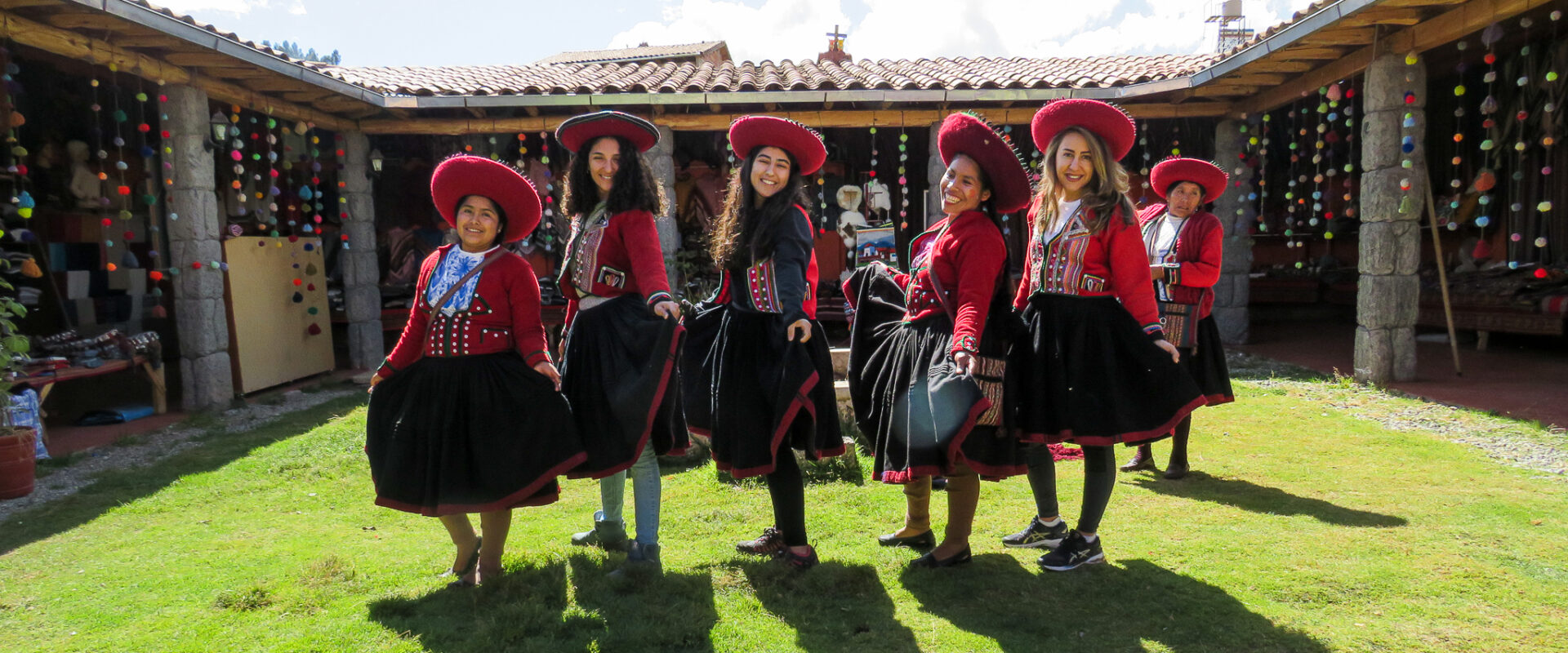
The first time I visited the remote Khumbu region, home to Mount Everest, I was incredibly struck by how relatively well-developed the infrastructure is, given just how remote this region actually is. I had previously been to the less famous Langtang region, and the contrast was quite stark. Don’t get me wrong: as a traveler, I enjoyed passing through villages with hardly a modernized building in sight. At the same time, I couldn’t help but appreciate the well-developed schools, the village volleyball courts, and the trash collection system put in place to preserve the area—funded primarily by the adventure tourists drawn to the slopes of the world’s highest mountain. Adventure travel isn’t just about seeking thrills and breathtaking landscapes; it’s a journey that brings mutual benefits. When adventurers step into new territories, they inadvertently become catalysts for change. In some instances, this change may present challenges, and anyone who argues that there are no negative aspects to it is simply ill-informed. However, the positive aspects, when channeled correctly, undoubtedly benefit travellers, local communities, and the environment.
1. Economic Boost: More Than Just Footprints
- Boosted Local Economy: Adventure travellers, in their pursuit of unique experiences, tend to invest more in local activities, accommodations, and authentic culinary delights. This translates to increased revenue for local businesses.
- Job Opportunities: The surge in adventure tourism can catalyse job creation, from local guides and trekking support staff to artisans selling crafts that celebrate their heritage.
- Diversifying Income Streams: Embracing adventure tourism allows communities to diversify their income, reducing reliance on seasonal or unstable industries.
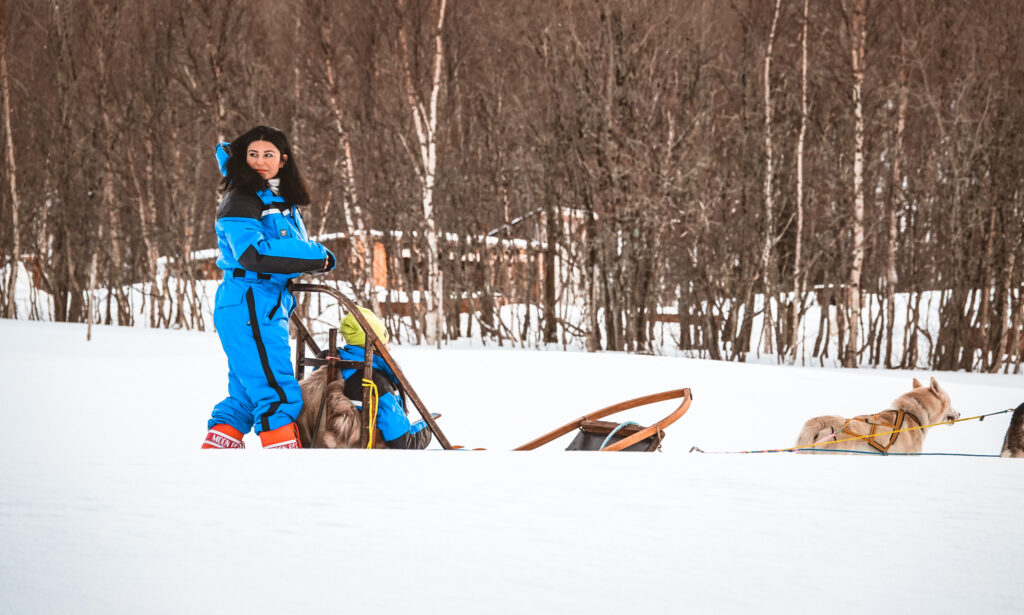
2. Celebrating and Safeguarding Rich Heritage
- Mutual Cultural Exchange: Adventure travellers often show a keen interest in local customs and traditions. This mutual curiosity fosters cultural exchange, nurturing mutual respect and deeper connections.
- Cultural Preservation: As communities recognise the intrinsic value of their traditions, they’re motivated to preserve and share them, ensuring their heritage thrives for generations.

3. Environmental Stewardship: Guardians of Nature
- Promoting Sustainable Practices: Conscious adventure tourism can inspire communities to adopt eco-friendly measures, such as sustainable waste management or nature conservation projects.
- Investing in Conservation: The revenue generated can be a lifeline for environmental initiatives, from protecting endangered habitats to launching reforestation projects.
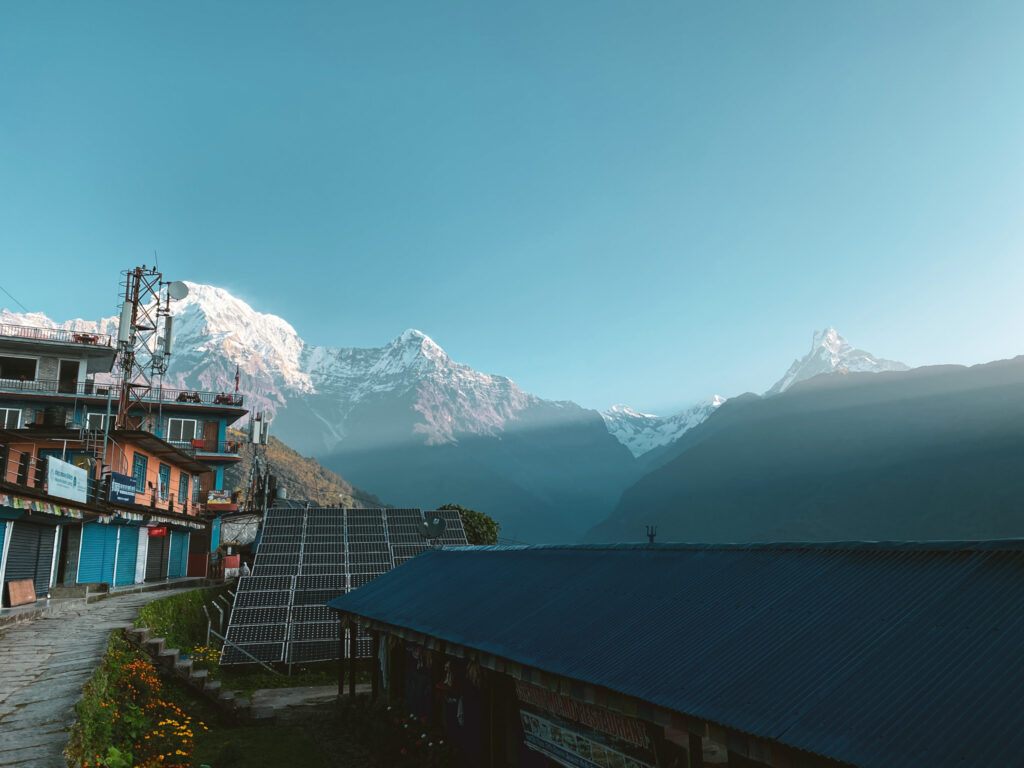
4. Infrastructure for Today and Tomorrow
- Modernised Infrastructure: The influx of adventurers often prompts communities to enhance their infrastructure, benefitting both tourists and locals by improving transportation, accommodations, and amenities.
- Safety and Accessibility: Enhanced infrastructure ensures safer and more accessible environments, not just for tourists but for the local populace as well.
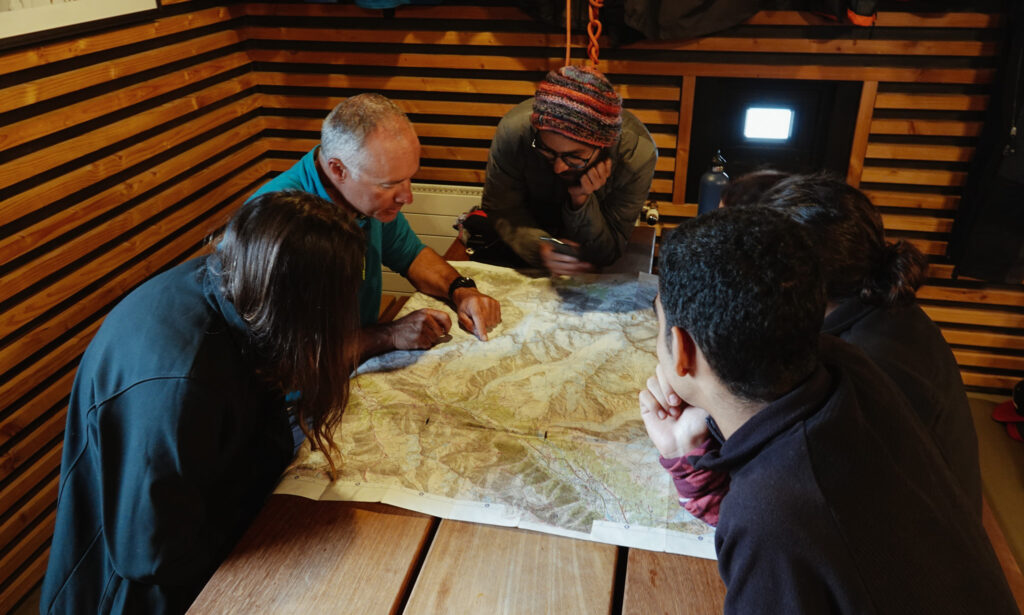
5. Lifelong Learning and Skill Enhancement
- Skills for Tomorrow: Adventure tourism can be a gateway to skill development programs for locals, equipping them with expertise in various sectors, from hospitality to sustainable tourism management.
- A World of Ideas: Interacting with a diverse array of travellers exposes local communities to global best practices and innovations, spurring local entrepreneurship and innovation.
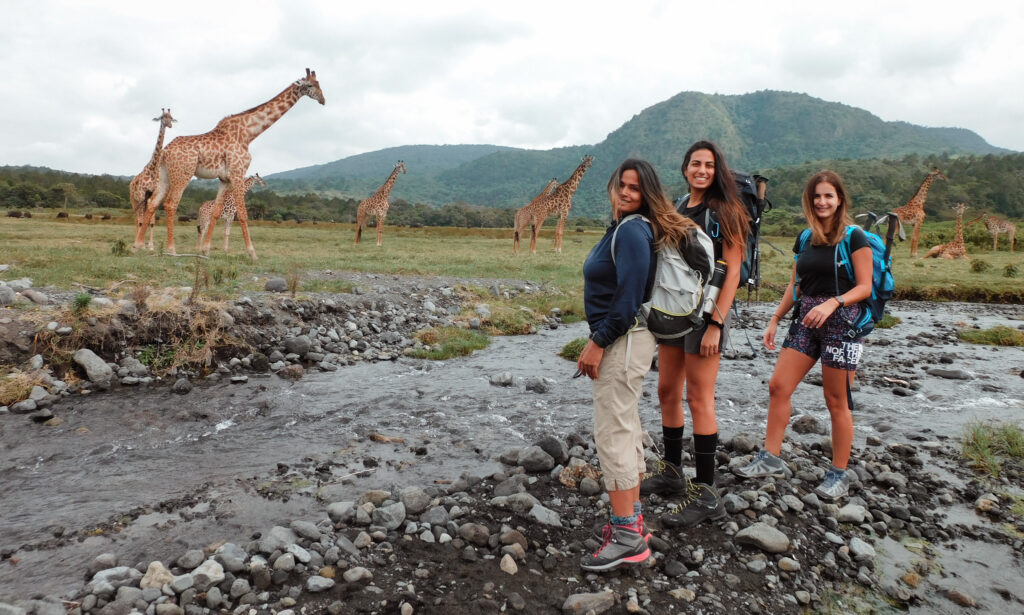
6. Empowerment and Community Pride 🌟
- Recognition and Pride: Positive feedback and recognition from adventurers can instill a sense of pride and accomplishment within communities, fostering a stronger sense of identity.
- A Voice in Tourism: Engaging locals in tourism planning ensures they play a pivotal role in shaping tourism’s future, ensuring it aligns with community values and aspirations.
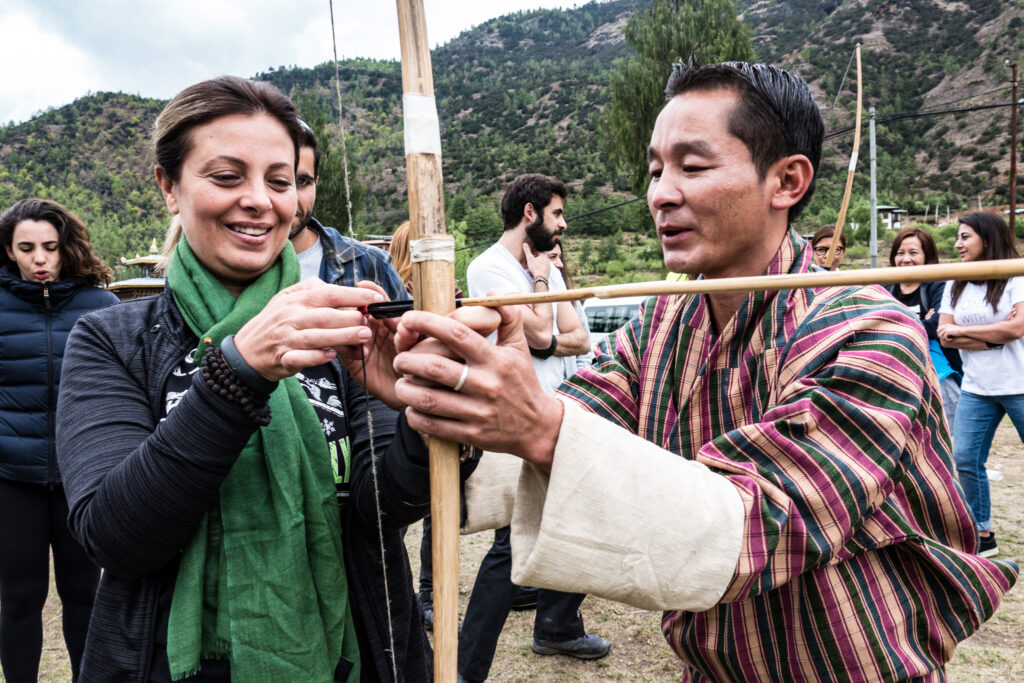
To sum it up, adventure travel, when approached with respect and responsibility, can be a powerful force for positive transformation. It’s a testament to the idea that travel isn’t just about the destinations we reach but the meaningful connections and positive impacts we create along the way.










